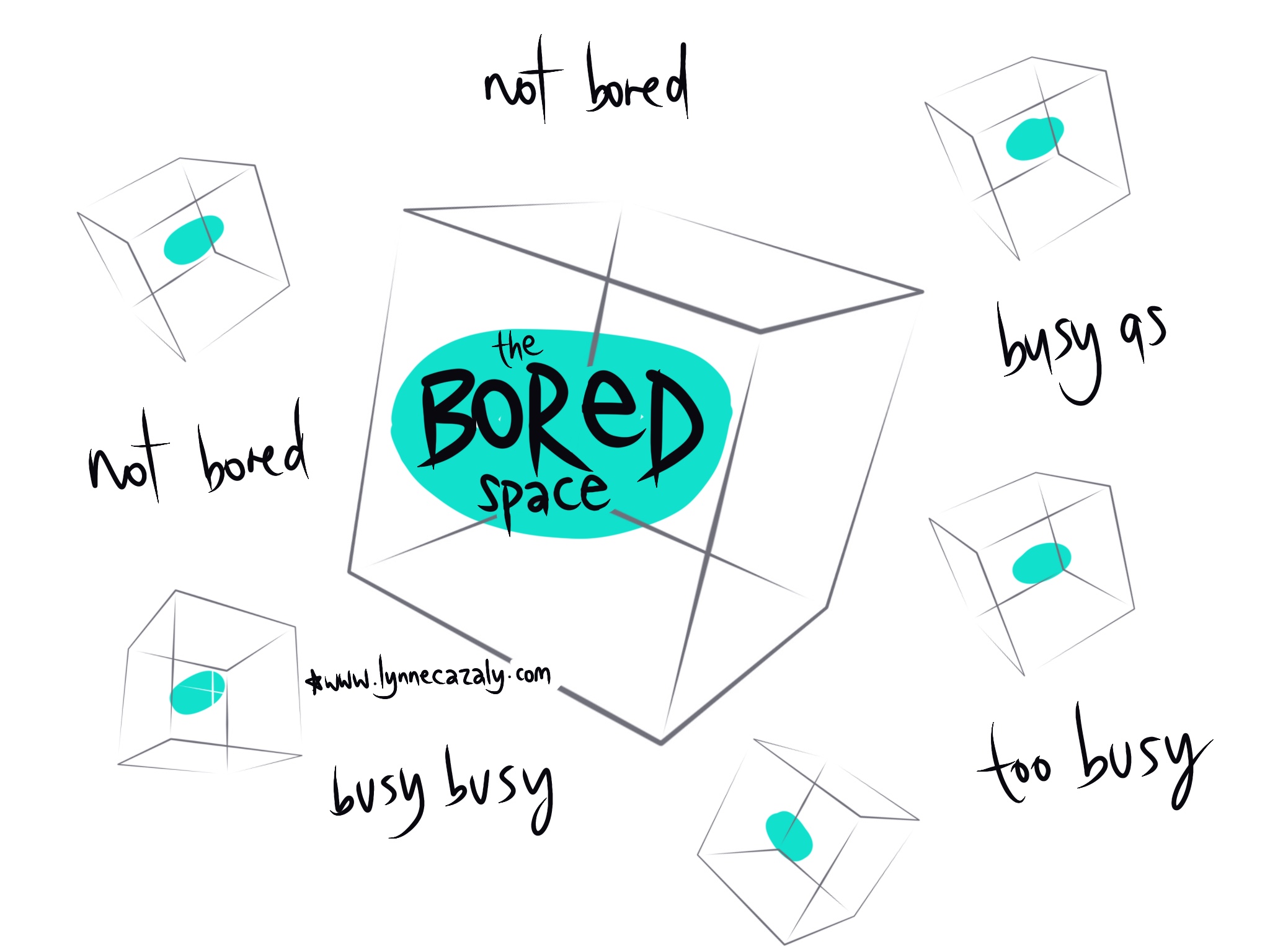There’s thinking and there’s overthinking
 Wednesday, December 4, 2019 at 5:45PM
Wednesday, December 4, 2019 at 5:45PM  How much thinking is enough?
How much thinking is enough?
I'm reading a book by an author who’s a marketing ninja guru genius and they keep letting the reader know how much thinking they do. The author's stories are about the times when they were:
- thinking about possible scenarios
- thinking about the numbers
- thinking about solutions
- thinking about ideas
- thinking about the questions clients and colleagues might ask
- thinking about what other people might be thinking.
When we do this thinking, the problem is we are mostly OVER-THINKING. We are such wasteful thinkers.
We disguise thinking as:
Wondering
Imagining
Conjuring
Reasoning
Analysing
Rationalising
Reflecting
Contemplating
Deciding
Judging
Assessing
Evaluating … and
Mentally rehearsing.
We mentally rehearse scenarios trying to ‘prepare’ or ‘be ready’ for what lies ahead. We default to overthinking believing it's a useful way to solve a problem.
But calling an end to overthinking could be way better for us.
Move in to action sooner; to get real evidence and results - not imagined.
Q: What do you often overthink?




















